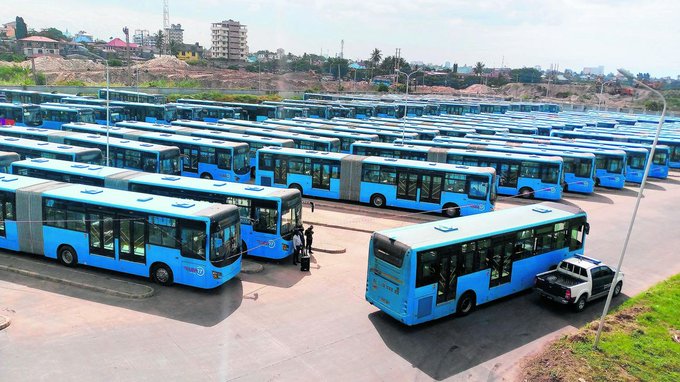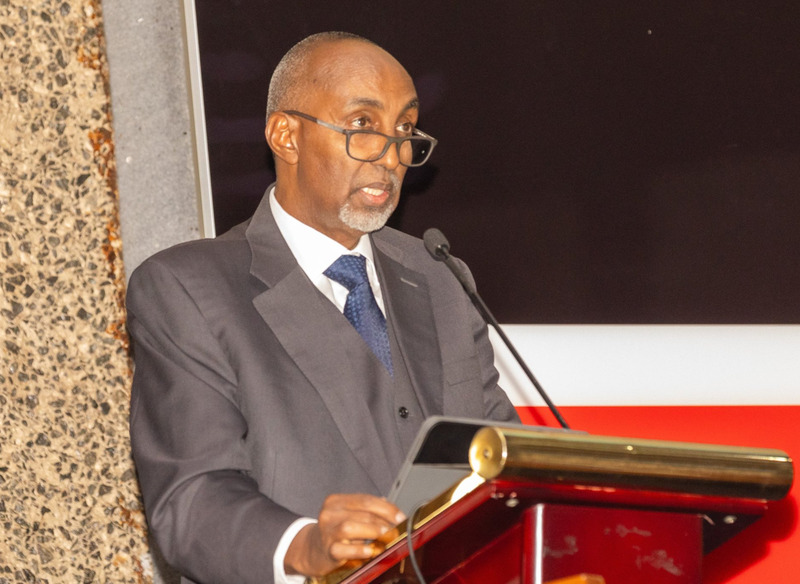Labour Day 2025: Lobby flags setbacks in workers’ freedom and justice

This includes, in particular, the freedoms that enable them to organise and negotiate aspects of their work, such as wages, hours, and working conditions.
As the world marks Labour Day 2025, experts are weighing in on the scope of workers’ rights and warning of a decline in freedoms for workers across countries.
This includes, in particular, the freedoms that enable them to organise and negotiate aspects of their work, such as wages, hours, and working conditions.
More To Read
- AfDB, ILO unveil youth-centred investment system to spur recognition, inclusion
- Call for equal paid parental leave as ILO reveals mothers get five months more leave than fathers
- Dreams on hold: Grim global jobs outlook paints bleak future for millions of job seekers
- UN Report: 54 million children still trapped in forced labour in 2024
- Gachagua criticises government over workers’ plight as Ruto defends economic reforms
- Atwoli urges government to tax only basic salary, not gross pay, as deductions hit payslips
According to the International Labour Organisation (ILO), violations of these rights remain far too common globally and continue to obstruct progress towards social justice.
“Despite widespread commitments to protect labour rights, violations such as retaliation for organising or restrictions on collective bargaining remain common,” the organisation said.
“These are more than legal infractions; they are structural barriers to decent work, social justice, and inclusive economic growth.”
The principles of freedom of association and the effective recognition of the right to collective bargaining (FACB) have long been central to the ILO’s normative foundations and agenda.
These two indicators are prominently featured under Sustainable Development Goal 8 (SDG 8), which aims to promote inclusive and sustainable economic growth, productive employment, and decent work for all.
Ideally, these rights empower workers to join or form trade unions without interference and to negotiate their wages and working conditions through recognised associations.
However, the ILO warns that the global environment for these rights is deteriorating.
In measuring FACB compliance, the ILO reported a global average score of 4.86 in 2023, representing a 7.0 per cent decline since 2015, when the score stood at 4.54.
The methodology used to determine compliance levels is based on three key premises: definitional validity, reproducibility, and transparency.
The indicator ranges from 0 to 10, with 0 representing the highest possible level of compliance with FACB rights, and 10 the lowest.
In Kenya, the challenge is particularly significant. The country has yet to ratify ILO Convention No. 87, which enshrines the right to freedom of association.
The ILO argues that this omission not only places Kenya out of alignment with international standards but also limits workers’ ability to advocate for themselves in an increasingly precarious job market.
As Labour Day serves as a moment for reflection and action, the organisation reiterates the urgency of strengthening these fundamental rights.
Top Stories Today
















































